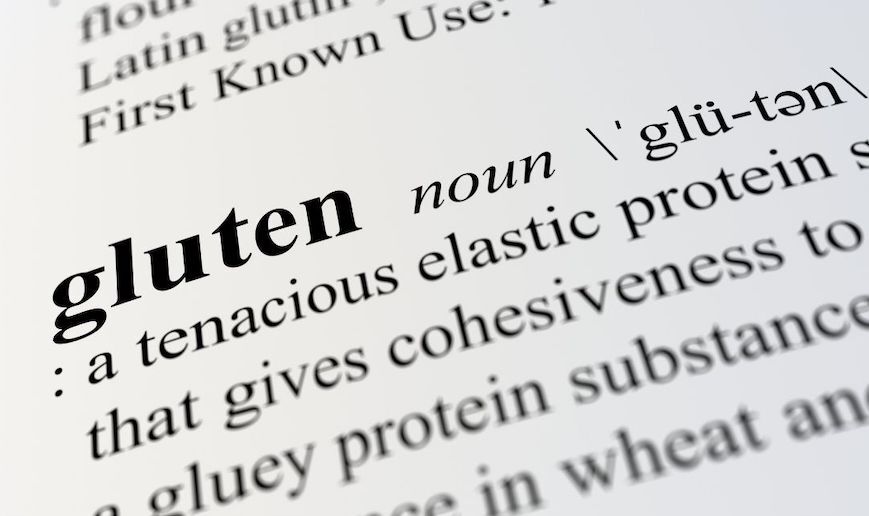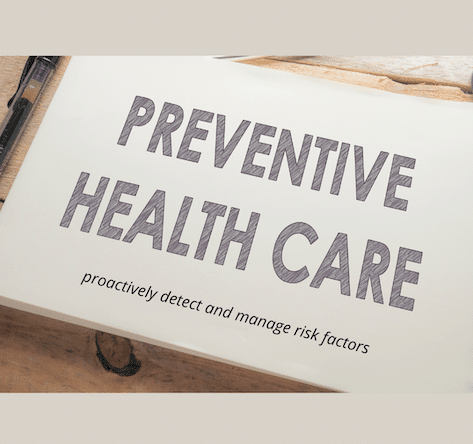Autoimmune Diseases Are Rising In Alarming Numbers Worldwide!
No matter your diagnosis, there is hope for management and continuing to live a prosperous life.

Autoimmune diseases are rising in alarming numbers worldwide, mostly due to environmental factors and nutritional triggers. Autoimmunity occurs when your body cannot differentiate your own cells from foreign cells, thus your body attacks itself.
Autoimmune Diseases include Type-1 Diabetes, Hashimoto’s Thyroiditis, Celiac, Sjrogren’s, Lupus, Chron’s Disease, Psoriasis and Rheumatioid Arthritis, to name a few.

To begin with, it is important to understand why diet has such a significant effect on your immune and overall health!
The digestive system and gut microbiome are essential parts of your immune system, among the many other roles they play. Many of the foods Americans eat and toxins we all ingest cause intestinal permeability, also called leaky gut. This causes food and bacteria to interact with the immune system, which activates the autoimmune cascade, ie. symptoms associated with inflammation and autoimmunity.
There are many causes of leaky gut, but among them is your diet. When you eat foods that are foreign to your body, inflammation and immune system activation ensue causing your gut to be under siege. Let’s dive into more specifics and five evidence-based dietary guidelines to consider if you have Lupus or other Autoimmune Disease.
Want a head start to help with your Lupus and other Autoimmune Diseases?
Try Dr. ACE’s speciality curated supplement list to help you with your Lupus and Autoimmune Diseases.
4 Dietary Guidelines for Autoimmune Diseases

1.) Gluten Free is the first dietary recommendation given to all of our autoimmune patients. Gluten has a protein called gliadin that is present in wheat, barley and rye. In the United States, this protein has been genetically modified so much that the protein itself looks like and mimics foreign nervous tissue in our bodies.
So when you ingest gluten, the body attacks it as if it were foreign tissue, which causes increased inflammation throughout the body, affects your gut health and is toxic to the immune system causing the immune system to malfunction further exacerbating autoimmune disease and symptoms. Additionally, research has demonstrated the correlation between gluten, autoimmune disease and neurological disorders due to gluten’s chemical modifications.
2.) Dairy (Casein) Free is the next dietary recommendation for autoimmunity. Casein is the main protein in dairy, while whey is the other well-known protein. Dairy is often touted against due to its lactose, which is a sugar, however that is not often the only cause of dairy intolerance. Casein can be a huge trigger for inflammation in many and has a similar chemical structure to gliadin. Both chemical structures of casein and gliadin mimic those of human cells, thus up-regulating the immune system and increasing the prevalence of autoimmune disease through these food antigens. Another interesting point is that 50% of those with celiac disease also have sensitivity to casein.
3.) For all people and especially those with lupus and autoimmune disease, it is vital that you choose a diet that is free of processed foods and additives. Additives include but are not limited to artificial coloring, flavoring, GMOs, high fructose corn syrup, aspartame, MSG, gums and various preservatives. These food additives and dyes are added to improve the taste of food but are dangerous because they alter intestinal permeability, cause mood and behavior changes and increase demand on the immune system to attack and remove these substances. In addition to a correlation with increased autoimmunity, food additives are also correlated with ADHD and Neuroinflammation.

4.) Organic foods have been on the rise in popularity over the last ten years for good reason. Organic farms do not use harmful chemical and pesticides, so there is less of a toxic footprint on your body, plus organic produce is more nutritious. Consuming organic foods will decrease your toxic load, which is extremely important for the health of your immune, digestive and nervous systems. Organic however does not mean that the food is free of hormones or antibiotics and not to mention it’s almost impossible to find meat without vaccines! So also choosing foods that are antibiotic and hormone free will keep your body functioning optimally. Exposure to all toxins should be minimized in order to reduce your risk of developing a chronic or autoimmune disease, but pesticides in particular are extra risky due to their correlation with autoimmune disease, as pesticide use has been associated with three times the risk of lupus and rheumatoid arthritis.
General autoimmune nutrition guidelines:
First, it’s very important to maintain healthy blood sugars throughout the day. This means not going too low or too high to avoid getting “hangry” or lightheaded if you don’t eat every two hours and not getting sleepy after eating a meal. You can do this by consuming protein at every meal and cutting out sugar and alcohol from your diet. Protein and healthy fats are satiating, helping your body stay full and blood sugars to remain stable for longer.
Second, it is important to identify and avoid your specific food intolerance’s. This will keep your gut healthy, decrease inflammation and decrease your body’s immune response to food. You can identify your food intolerance’s via an elimination diet or via lab testing.
Another simple dietary guideline many of our autoimmune patients find helpful and fairly easy to follow is the Autoimmune Paleo Diet. This diet was founded in 1975 by a gastroenterologist who based it off of the Paleolithic diet. This diet focuses on whole, nutrient dense foods and the idea is to reduce gut inflammation, support the immune system and provide the body with essential and beneficial nutrients.
Here is a guide on how to get started on this diet:
As you can see, diet and nutrition hold huge precedence in autoimmune disease health. No matter what type of autoimmune disease you have, cleaning up and prioritizing your diet and environmental exposures yield extreme benefits. From improving your gut health to immune system, you will notice an improvement in symptoms and overall wellness. This is the first of a three-part series all about lupus and autoimmune disease. Next up in the autoimmune series is optimizing your lifestyle to support your body and wellness.
Need an Extra Boost to Help Fight Back Your Lupus or Autoimmune Disease?
Let us Help with Dr. ACE’s Personalized Lupus & Autoimmune Supplement Script!
Click below to explore our curated list of supplements that you can purchase, specially selected to help you with your Lupus and Autoimmune Battles. High quality supplements, doctor trusted with no fillers.
Sign up for a free account, checkout and relief will be shipped directly to your door.

Naturopathic Medical Doctors are well trained in investigating the root cause of disease and symptoms and using natural approaches to healing. For this reason, a NMD can help you find the underlying cause of your autoimmune disease and help you effectively and non-invasively manage symptoms. Take back your health with confidence!





